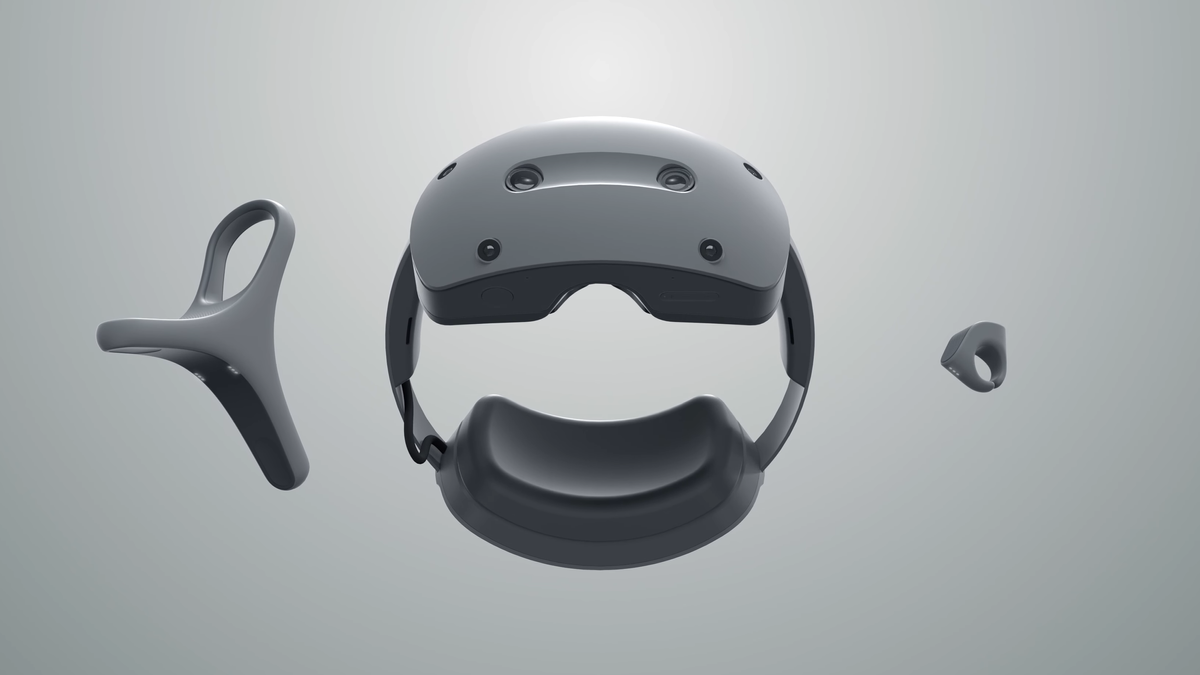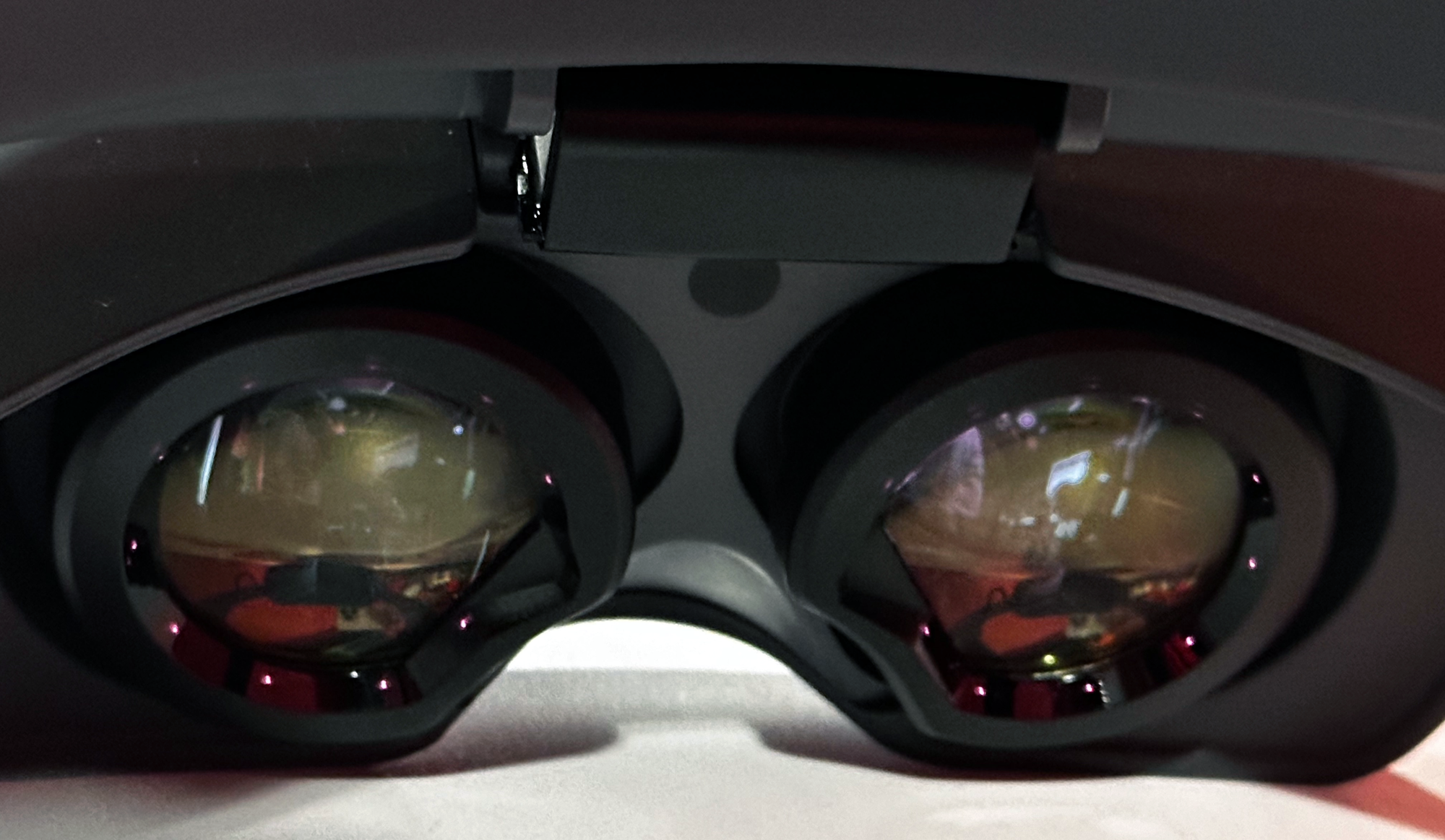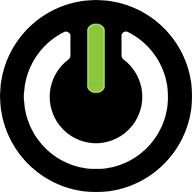Sony's upcoming standalone headset running the XR2+ Gen 2 chipset is unlikely to draw in creatives with its limited field of view and finicky controllers.

I tried a brief hands-on with the headset and its unusual controllers at the Augmented World Expo conference in Long Beach. The demo software, connected to PC, showed a workflow for arranging virtual cameras and changing scenes – the types of tools directors or animators might use to visualize their upcoming movie using a VR headset.
The field of view seemed somewhere under 100 degrees diagonal, narrower than most headsets. In the brief demo, I struggled with getting the ring's touch sensor correctly oriented on my finger so it could recognize a pinch allowing me to grasp virtual objects. I also struggled with the other controller selecting a virtual button at my wrist. Both interactions seemed less reliable and intuitive than the pinch gesture on Apple Vision Pro and Meta Quest headsets. While those gestures have to be emulated on PC hardware for creatives, I'm still left wondering why a creative would pick this headset and a workflow with this hardware rather than opting for a Quest 3 and Logitech MX Ink stylus or Apple Vision Pro.
In August, Sony's PlayStation division is shipping an adapter to add PC support for PSVR 2 headsets. While the XR2+ Gen 2 chipset inside Sony's new HMD hypothetically offers the company a business-focused path into the future in competition with Meta, Apple, and Google, based on my brief hands-on with this device I struggle to see that working out.

Hopefully another staffer can get extended hands-on time with Sony's HMD later in the year for more robust impressions to confirm or refute these initial first impressions.
This is a companion discussion topic for the original entry at https://www.uploadvr.com/hands-on-with-sony-xr2-gen-2-standalone-headset/
